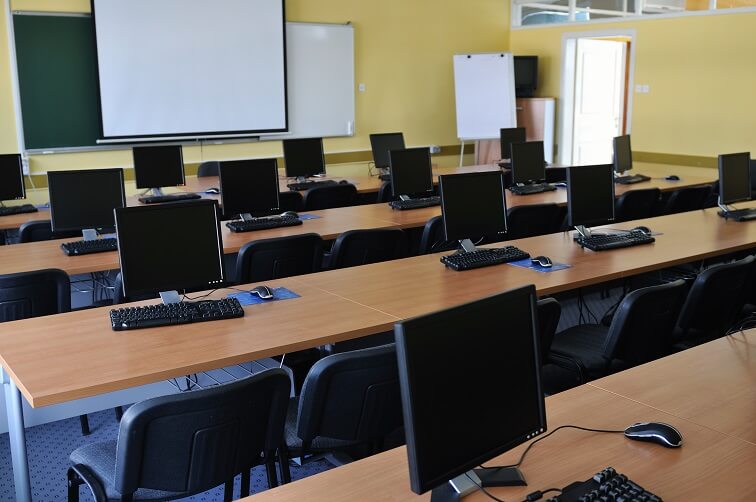The School of Humanities and Social Sciences hosted a webinar on the future of education: re-imagining education with e-Learning. Stephen Ng’ang’a, the University Registrar, led the discussion that was attended by staff, students, aspiring students and parents.
Education Cabinet Secretary Prof. George Magoha has stated that the decision to allow learners back to class is largely dependent on the COVID-19 curve in the country. The government has now directed all learning institutions to remain closed until January 2021.
Modes of assessments
Universities have thus been thrust unexpectedly into remote teaching and learning with institutions grappling, among other issues, with internet connectivity, availability of online learning infrastructure and new modes of assessments that suit the shift to learning through online platforms.
“The pandemic is teaching us that we cannot approach education as we have in the past. It is critical going forward to equip each student in the country with gadgets that enable them learn online,” Mr. Ng’ang’a said.
Laptop policy
Strathmore’s existing laptop policy which begun in 2014 offers all full time students a laptop thus closing in on the gap of digital inequalities. To complete the package, the University has been providing bundles, through a partnership with Safaricom Ltd. The partnership entails a customized Safaricom package for the University’s needs at an affordable rate of Kes. 500 for a monthly 10GB internet bundle to access Strathmore designated e-learning sites and online classes.
Mr. Ng’ang’a stressed the importance of a culture of continuous learning for teachers and lecturers noting that a one-off training does not consider emerging trends in the education sector such as technology.
Another topic raised focused on the impact learning through online platforms has on the development of children since education is a human experience. “What are the effects of minimised human interaction and reduced time for play?”
One participant speculated whether more parents should now embrace homeschooling given the current situation in the country. So far, parents who choose to go the homeschooling route are required to register with the government and are allowed to register their children for national exams. However, there is still no law that recognizes the system in the country, a situation home schooling parents have been pushing to change.
The pandemic has certainly changed the outlook of education and exposed vulnerabilities in the Kenyan education sector. The future of education now points towards utilization of technology and blended learning, which would require students to attend on-campus lessons with others still being offered through online platforms.
This article was written by Wambui Gachari.
Would you like to share your experience of living through the circumstances brought by the Covid-19 pandemic? Kindly email: communications@strathmore.edu





